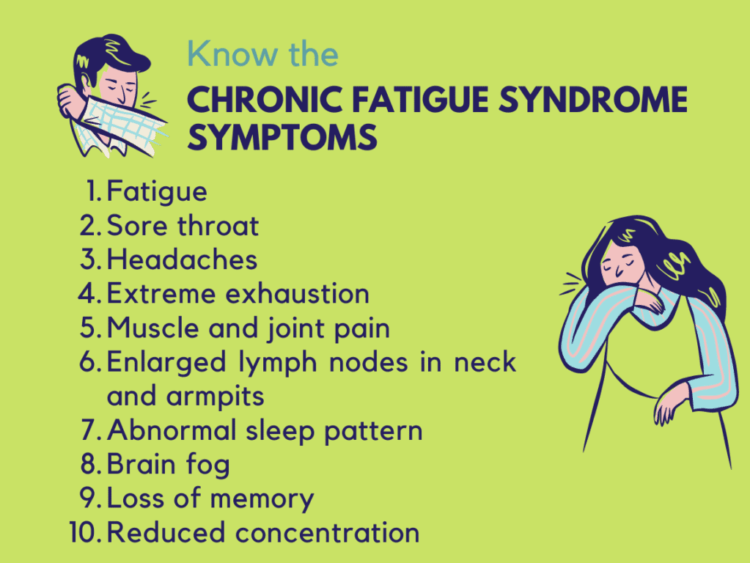Highlights
- Chronic Fatigue Syndrome (CFS), also known as myalgic encephalomyelitis (ME/CFS), was previously underestimated but now affects 3.3 million American adults.
- ME/CFS causes extreme fatigue lasting at least six months and is triggered by various factors such as infections, injuries, or possibly genetics.
- Symptoms include exhaustion after exertion, memory issues, dizziness upon standing, muscle/joint pain, and unrefreshing sleep, sometimes overlapping with fibromyalgia.
- Lack of recognition and diagnostic tools poses a challenge for patients, hindering proper support and understanding from healthcare providers and loved ones.
- Patients manage symptoms by pacing activities and may find relief through certain medications, although there’s no known cure.
History of Chronic Fatigue Syndrome, Myalgic encephalomyelitis (ME/CFS)
Chronic Fatigue Syndrome, also known as myalgic encephalomyelitis (ME/CFS), was once considered rare and dismissed as “yuppie flu.”
Reading Suggestion: Cardamom The New “Superfood” with Surprising Health Benefits
Who is most affected by chronic fatigue syndrome?
What is Chronic Fatigue Syndrome?
According to Mayo Clinic; ME/CFS is a complex disorder causing extreme fatigue lasting at least six months. Its causes are not fully understood but may be triggered by various factors such as infections, injuries, trauma, or possibly genetics.

Chronic Fatigue Syndrome Symptoms
Symptoms can vary among individuals and include extreme exhaustion after mental or physical exertion, memory issues, dizziness upon standing, muscle/joint pain, and unrefreshing sleep. There are overlapping symptoms with fibromyalgia, suggesting a potential connection between the two.

What is the main cause of chronic fatigue syndrome?
Is it possible to recover from chronic fatigue?
A major challenge for patients is the lack of recognition and support from both family and healthcare professionals. There’s no specific test for diagnosis, making it difficult to receive adequate help.

Expert Advices
People with ME/CFS often experience worsening symptoms after exertion, known as post-exertional malaise, and experts suggest “pacing” activity levels to manage this.
Medications to Manage Symptoms in Chronic Fatigue Syndrome
Certain non-prescription pain relievers can offer relief from symptoms, while prescribed medications like pregabalin (Lyrica), duloxetine (Cymbalta), amitriptyline, or gabapentin (Neurontin) – commonly used for fibromyalgia – can also help in managing pain and fatigue.
Reading Suggestion: Study Suggests Cocoa Flavanols Boosting Brain Health in Seniors
Additionally, there are medications designed to address orthostatic intolerance, a common issue with ME/CFS, particularly affecting adolescents, leading to feelings of faintness or nausea upon assuming an upright position.
Medications like antidepressants or pain relievers might alleviate some symptoms, but there’s no known cure.














